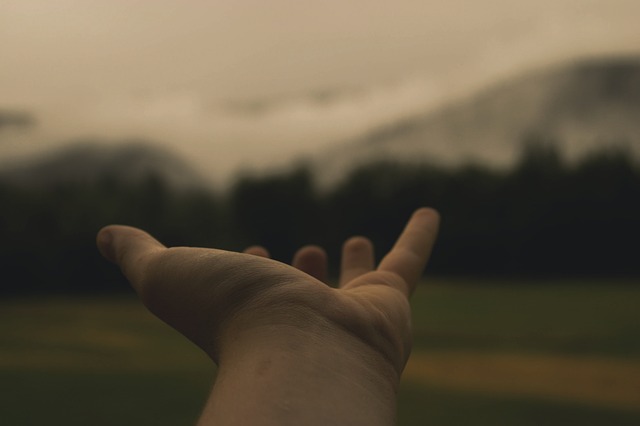Pleasure and Safety
I’m recently back from teaching a trauma workshop in Israel. The lingering effects of historical trauma and the present-day conflict makes trauma a critical topic for this country. Teaching in this context pushes me to think deeper about pleasure, and its role in supporting trauma recovery and living in on-going stressful times.
Pleasure as a Positive Resource
In my trauma work, I always bring in the concept of pleasure. A key concept in the pleasure theme is our need for pleasure as a positive resource to balance and support us in difficult times. Difficult times may come and go, but for some of us, they are just part and parcel of our daily lives.
We know the human life experience comprises times of ease and times of struggle – that’s just how it is – even in the best of lives and in lives where struggle is the daily fare. And yet the difficulties and the potential of these events loom larger in our psyche than the good periods. There’s lots of science now to explain this phenomenon, which I shared with you before. But today, I want to talk about the issue of safety, both real and perceived, as part of the pleasure theme.
The Experience of Pleasure Related to Safety.
It’s hard to contact pleasure when we don’t feel safe, and yet when we dip into the sensory experience of pleasure, it increases a sense of safety and reminds us that safety is an option. And yet as many of the Israeli students pointed out – How can one ever truly feel self in on-going conflict? So that begs the question of what does it mean to be safe?

Safety and pleasure share a common denominator. Being in the present moment is a requirement for both. Even in times of on-going conflict and struggle, there are many moments of calm and peace. When we stay in the present moment, we are only required to deal with this moment. We can train ourselves to not dwell on what has happened in the past – as good or bad as that might have been. Equally projecting into the future, often informed by the past, is not reality. We truly have no idea what the future holds and why would we assume the future will be the same or worse than the past?
And yet we do both – dwelling in the past and future and miss the true moments we have right now. Moments that most likely are full of the possibility of pleasure to connect with a loved one, to savour nature around us, and the beauty of all the creative arts – visual, music, movement, inspirational words of poetry or prose. This present moment includes being connected to one’s body and the joy of being alive and having “this moment.” When we shift our attention to a moment of pleasure, if you take the time to notice most likely, you will feel safe.
There are no guarantees
We know there are no guarantees – no matter where we live on the earth. Death is inevitable, and we’ll all have our fair share of pain. But the Buddha said – pain is inevitable, but suffering is optional. And this is a practice to learn how to not suffer from the inevitable. Perhaps people born in conflict zones are on the fast track of learning, but we all need to practice.
When a crisis hits, it’s often too late to try to implement the resource of pleasure – even though we need it more than ever. When we’re stressed or overwhelmed, pleasure is the last thing that comes easily to mind. We get easily flooded with thoughts of worst case scenarios. Pleasure and optimism are hard to find. If we’ve had a long history of trauma, it’s even harder to contact. The practice of pleasure needs to be well imprinted in our psyche, to be an easy go to in times of intense stress; to be a true resource we can rely on.
To instill the pleasure practices is part of the mandate of Unlock Pleasure. Let me know how I can support you to deepen your connection and trust in pleasure, as a powerful resource for living.
Next entry: The Healing Powers of Nature
Previous entry: The Vibrations of Pleasure
“Use of music was brilliant”; The poetry, the stories, the disclosure, the openness, the willingness and the laughter”
